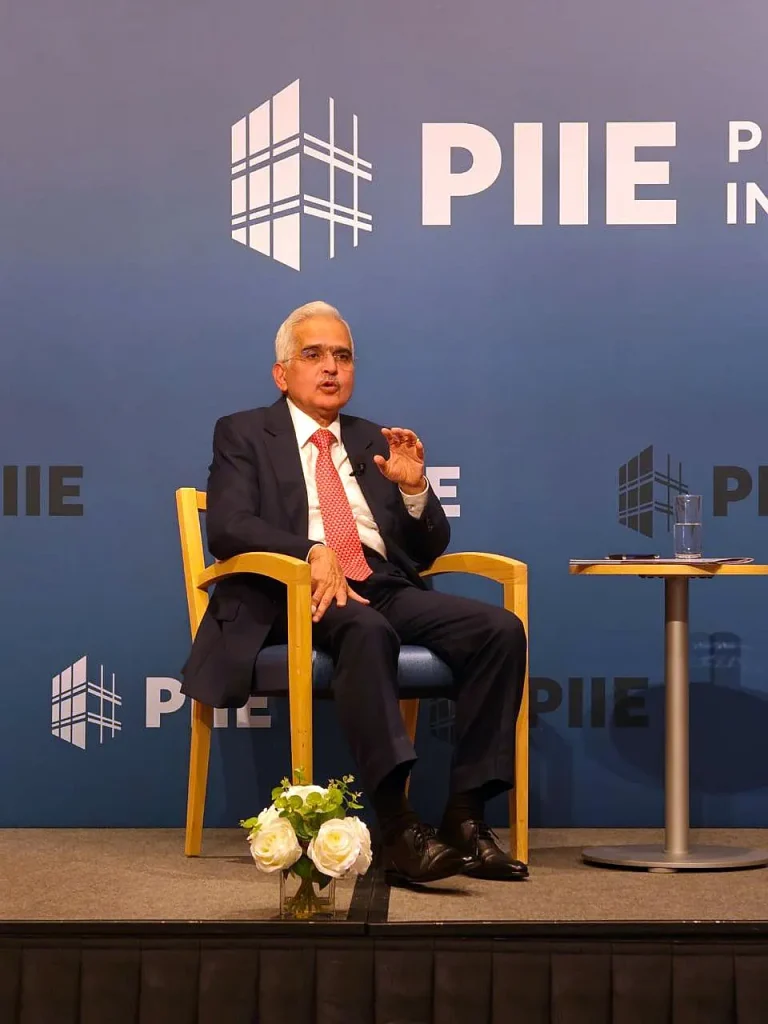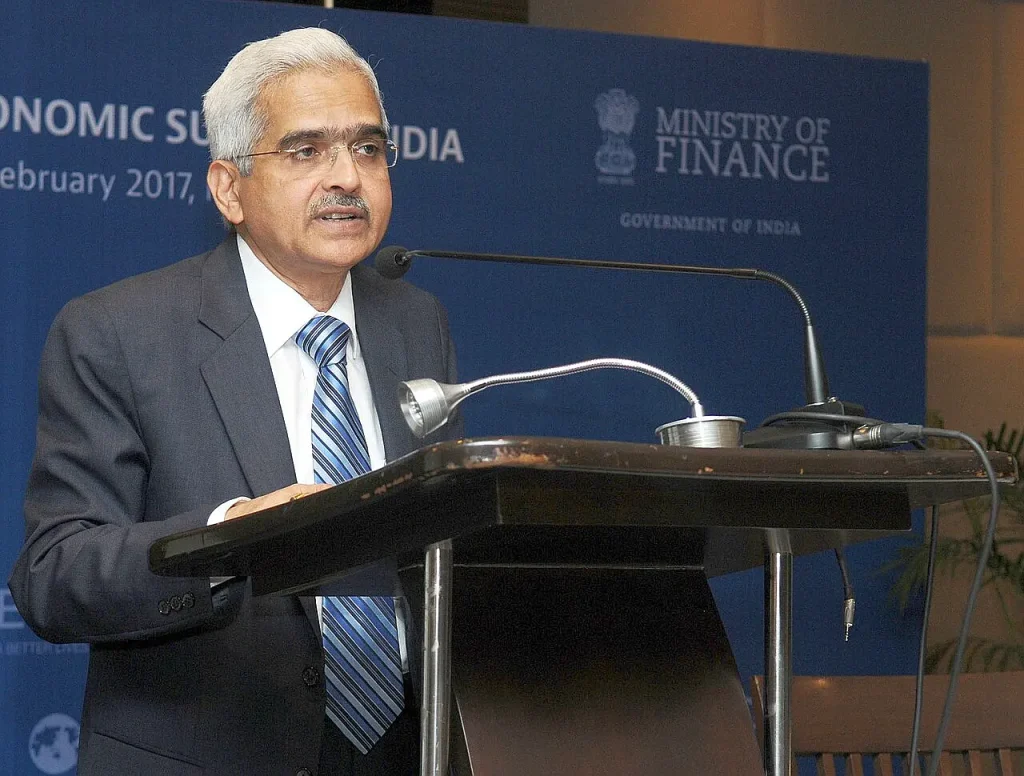Former Reserve Bank of India (RBI) Governor Shaktikanta Das has been appointed as Principal Secretary to Prime Minister Narendra Modi, making him one of the most influential bureaucrats in the country. His appointment is historic as this is the first time a sitting Prime Minister will have two Principal Secretaries. Das will serve alongside Pramod Kumar Mishra, both of whom hail from Odisha, marking another unprecedented move in Indian bureaucratic history.

Das, a 1980 batch IAS officer from the Tamil Nadu cadre, has had a distinguished career in finance, economic policymaking, and governance. Before serving as RBI Governor from 2018 to 2024, he played key roles in shaping India’s fiscal policies, having worked as:
- Secretary, Department of Economic Affairs (2015-2017)
- Secretary, Department of Revenue (2014-2015)
- Joint Secretary, Ministry of Finance (2010-2013)
- India’s G20 Sherpa (2017-2018)
As RBI Governor, he steered India’s monetary policy through turbulent periods, including the COVID-19 economic crisis, rising inflation, and banking sector stabilisation. His tenure was marked by decisive interest rate interventions, digital payment expansion, and financial inclusion measures.
His appointment as Principal Secretary 2 to the Prime Minister indicates that economic governance, financial stability, and policy continuity will remain a top priority for the Modi government.
First Time a Prime Minister Has Two Principal Secretaries: In a first for Indian governance, the Prime Minister’s Office (PMO) will now have two Principal Secretaries—Pramod Kumar Mishra and Shaktikanta Das. Both are highly experienced bureaucrats from Odisha, underscoring the state’s increasing presence in top administrative positions.
While Mishra has been Modi’s Principal Secretary since 2019, primarily focusing on governance, disaster management, and bureaucratic coordination, Das is expected to lead economic policymaking, financial governance, and fiscal reforms. Their combined expertise is likely to streamline decision making and strengthen coordination between the PMO and key financial institutions like the RBI and Finance Ministry.
Taking on one of the most influential bureaucratic positions in India, Das is expected to handle:
– Economic policy planning and execution
– Coordination with the RBI, Finance Ministry, and global economic bodies
– Strengthening financial and banking sector reforms
– Guiding fiscal policies amid global economic uncertainties
His experience in the G20 negotiations and managing India’s demonetisation era financial transition makes him a crucial figure in implementing Modi’s long-term economic vision.
With India navigating complex economic challenges and global financial shifts, Das’s appointment signals a strong focus on economic governance. His tenure will be closely watched for policy continuity, financial stability, and economic reforms that shape India’s future.



